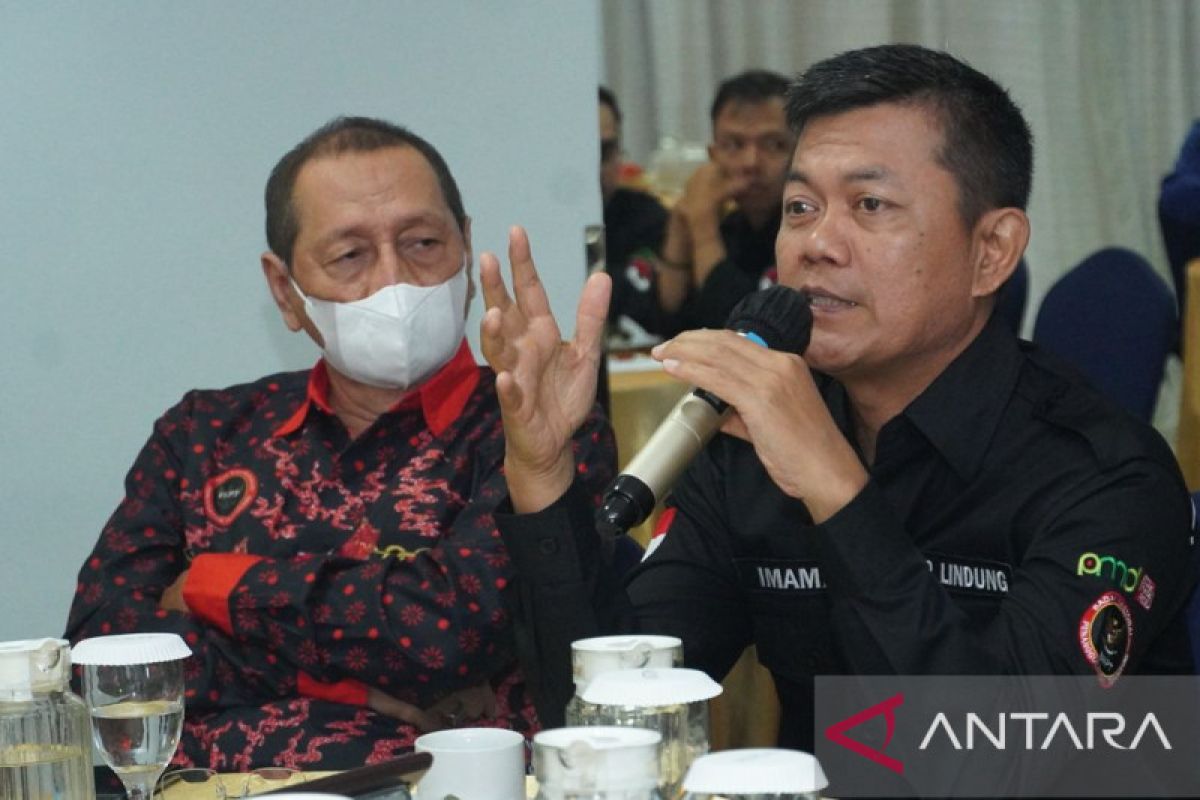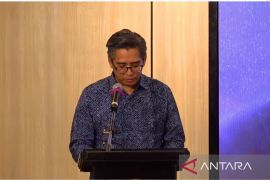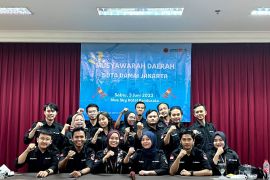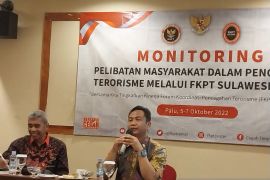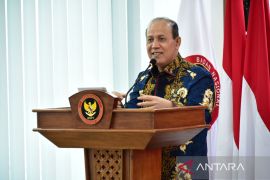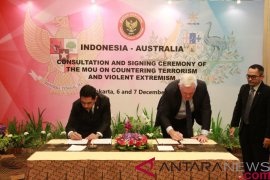"The activity is part of the RAN PE that is strengthened by Presidential Regulation No. 7 of 2021, which is a tool for preventing intolerance, radicalization, and violence-based extremism," director of protection at the BNPT, Imam Margono, said in a statement, here on Friday.
The ambassadors must play an active role in spreading messages of peace in cyberspace as part of an effort to prevent the spread of radical terrorism, he added.
The appointment of the ambassadors is considered a "regeneration," which is based on RAN PE's Pillar 1 concerning prevention.
Meanwhile, the action plan also focuses on increasing the capacity of stakeholders to prevent violence-based extremism by exploring ways to overcome it, as well as bolstering youth's capacity and endurance.
"Youth capacity building is needed as young people are a vulnerable group," he said.
To fight intolerant and radical content in cyberspace, the action plan also mandates producing Internet-friendly content for young people, he added.
Margono revealed the groups that support radicalization, extremism, and terrorism, are using newer ways, namely the digital world, to circulate their information.
"They are now using the digital platform, where this platform has no limits," he said.
He informed that most digital platform users are young people, ranging from millennials, Gen Xs, to Gen Zs, which is driving extreme groups to the platforms to spread their teachings.
"We start to prevent it from upstream, namely through these Ambassadors of Cyberworld Peace, by flooding cyberspace with refreshing and tolerant content because the current war (against extremism) is no longer face-to-face, but through cyberspace," he explained.
He said that the ambassadors must collaborate with and receive support from the local governments so they can fight extremism together.
Translator: Narda S, Kenzu
Editor: Bayu Prasetyo
Copyright © ANTARA 2023
